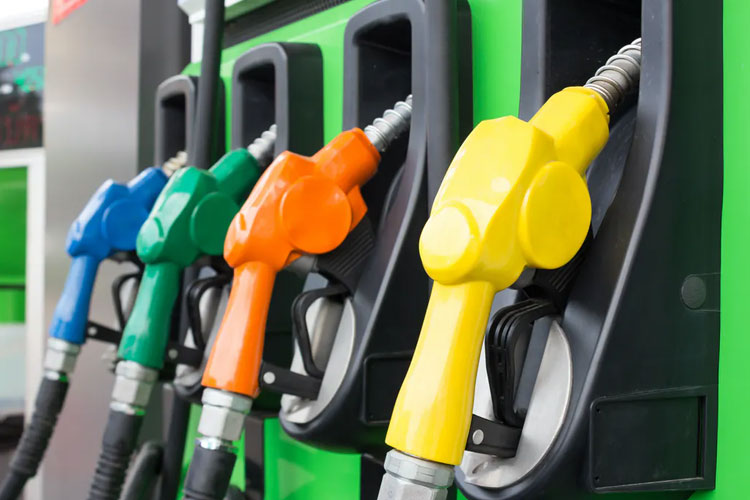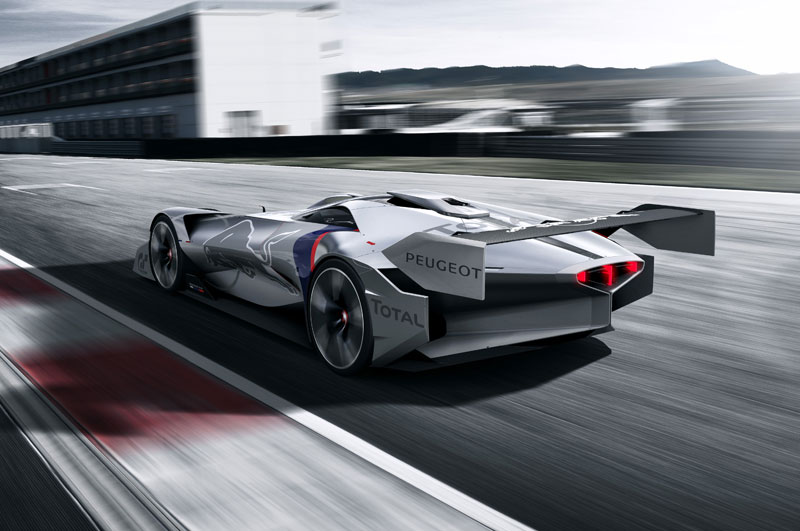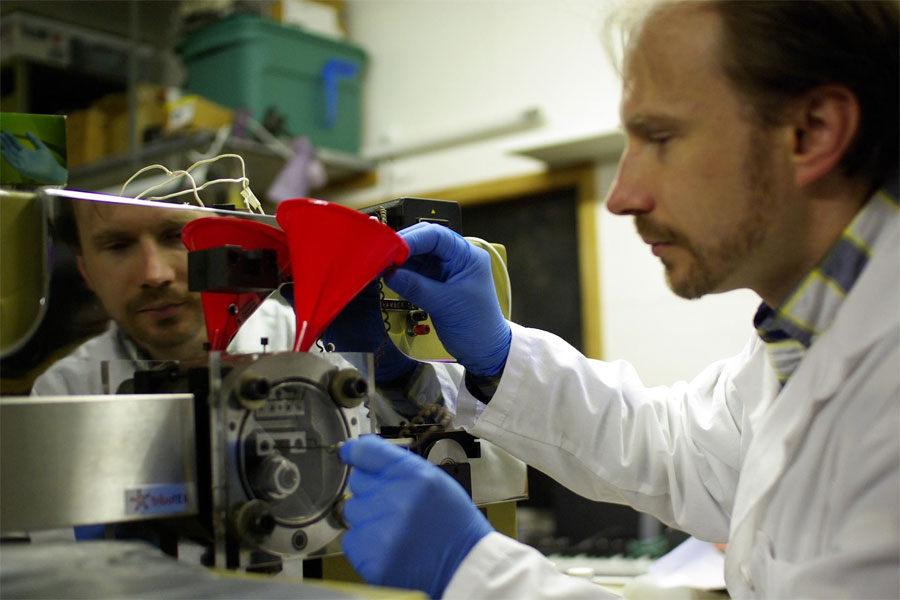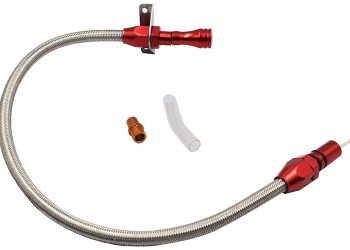If you ever go gas pump, you can notice that there are typically two types of gasoline offered, i.e., Regular and Premium. Which one would you choose? Unfortunately, many people do not have a correct idea whether to use Premium or regular.
What makes regular gas average?
Regular gas is a byproduct of crude oil and contains up to 10% ethanol. Regular gas has an octane range of 87 to 90%. Typically regular and mid-grade versions of the fuel at the pump are readily available, each having different octane ratings.
Some vehicles require mid-grade gas; they can run on less expensive regular fuel. However, if you notice engine knock with regular gas, an upgrade might be the solution — but not always.
How Is Premium Costly?
Depending on what crude oil is being refined, premium fuels contain alkylate or other octane-boosting chemicals. As a result, premium gas carries a higher octane rating than regular gas, somewhere between 90 and 94 octanes.
Premium fuels were designed to help engines resist knock, making the engine wear over an extended period. However, nowadays, new vehicles’ computers are designed to sense and prevent knocks by changing the timing.
But many manufacturers still recommend premium fuels, especially high-performance and turbocharged engines. This is because of its higher octane rating combined with the fact that it’s typically more expensive to produce premium fuel more expensive than regular fuel.
Is Premium Gas Better For Your Vehicle?
If your car manufacturer recommends a premium, go for a premium. If it is the opposite, you won’t do your car any good. Automobile engineers prescribe premium gas because some engines operate much better at higher octane fuel.
When Should You Get Premium Gas?
The primary need for buying premium gas is when you have instructions in the vehicle’s manual for using premium gas. If the manufacturer recommends it, then you must have to use premium gas. On the other hand, if you use low-grade fuel, it will damage the engine badly.
Also, there are some other reasons for using premium gas in the vehicle, even if the manufacturer does not require it. For example, you can use it when the engine starts knocking excessively or for street racing to improve the vehicle’s pick.
Usually, cars that have high compression engines, turbochargers, and other performance-increasing devices require premium gas. Yet going for premium will not hurt the car, but it could come of its performance.
Does Premium Last Longer?
Many people assume that premium gas is used to improve the millage but is used to improve car performance. There is nothing like that; it offers the same millage coverage as offered by standard gas.
If your car’s manual states “premium recommended,” you may want to test the different premium levels to see your car’s performance changes. You can do this by filling your gas tank to the quarter level or lower and fill up with one of the premium grades.
Then, keep track of your gas while driving using different premium gas octanes. This way, you can Test the different octane levels and pay attention to how your car feels and sounds while driving; also, note any differences in acceleration rate.
Premium Gas May Vary From State To State
If you are traveling cross country, you should be knowledgeable about the octane rates. For example, one state may have an octane rate of about 92 to be considered premium, while others may be ok with only 90.
Gas pumps in the US offer three octane grades, i.e., regular(about 87), midgrade(about 89), and premium (91 or 93). Therefore, it’s better to check the sticker from the pump you are getting gas.
Can You Make The Switch Between Gases?
Vehicles are designed to run best with a particular form of fuel. For example, a better hydrocarbon gas won’t ignite as quickly, which explains why newer cars with high compression engines usually need higher octane gas. In addition, engines that take higher octane fuel tend to give out a lot efficiently and emit fewer emissions and exhaust.
It is the main purpose of using the desired hydrocarbon for your specific car. Persecution of the proper octane level will prevent damage to your car’s engine and facilitate it to run the most efficiently.
If you employ an under-suggested level, the gas might combust too quickly for your engine. That may cause the engine to create a sound or noise. Additionally to the present unwanted noise, a lower than recommended gas may scale back your car’s power and fuel economy and cause engine damage.
When it involves the opposite—using fuel with the following measure than recommended—the risk of danger is lower. The agreement is that using premium gas once your automobile will run on regular gas doesn’t deliver any further edges to engine life, fuel economy, or reduced emissions.
If your engine uses higher compression ratios, typically, you’d better get higher octane-rated premium gas. But, again, your owner’s manual will allow you to understand what gas is best for your automotive model or look within your fuel door; it should have a sticker showing your car’s fuel requirements.
Does Premium Gas Clean Your Engine?
No, it does not. Regular and premium gas all come with special elements that clean out carbon deposits in your engine. However, the premium doesn’t have special powers for cleaning your vehicle’s engine. Hence if you’re interested in cleaning out your engine, it is better to take it for service.
Can Mixing The Both Get The Best Of Both?
Is mixing premium and regular to get the best of both a better choice? Well, the answer is no. it won’t do any good; you might damage your engine. Hence it is recommended to go with the manufacturer’s recommendation for better performance.
Difference between the premium and regular
- Octane Rating: Indicates the possibility of engine knocking that eventually may damage your vehicle.
- Sustainability Of An Engine: Checking the manual to see the recommended gas. Engines with lower compression regularly use, while engines with higher compression use premium gasoline.
- Price: According to the US. Energy and Information Administration premium fuel may cost anywhere between 20 to 60 cents more per gallon than regular and 25 cents more than midgrade gas. Hence premium is more expansive.
Some Helpful Tips
When comparing what the best is, follow the tips.
- Premium gas will not boost the performance or prevent damage if your vehicle does not need it.
- Using regular gas on for an occasion once in a while will not cause any severe damage, but it is recommended to change back to premium to ensure the longevity of your engine.
- Vehicles with turbochargers and paired devices will need premiums gas for optimal functioning.
Conclusion
It does not matter if a premium is better than regular; what matters most is whether your engine requires and what the manufacturers and your car’s manual recommended. If your car needs regular, go for regular if your car needs premium, go for a premium, which is the only way to ensure your engine’s stability and longevity.
On the other hand, getting high octane gas and opting for this sense of luxury does not necessarily do your engine any good. Life is all about balance, from choosing the best gas to having flexible options to find your pocket needs. Choose wisely.














